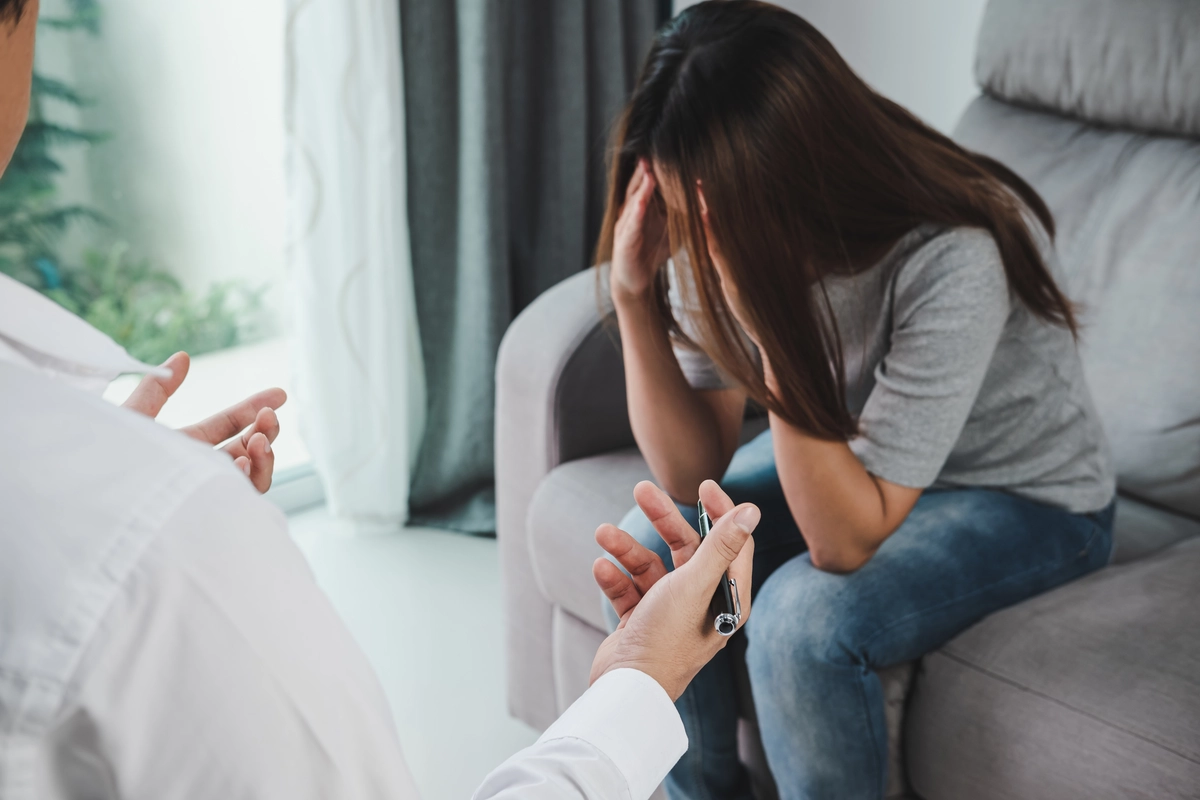24/7 Helpline:
(866) 899-221924/7 Helpline:
(866) 899-2219
Learn more about Morphine Rehab centers in Union County

Other Insurance Options

United Health Care

Optima

Coventry Health Care

Sutter

PHCS Network

Aetna

Magellan Health

Health Choice

Oxford

Cigna

MHNNet Behavioral Health

Access to Recovery (ATR) Voucher

Optum

Anthem

EmblemHealth

Group Health Incorporated

State Farm

Excellus
Beacon

American Behavioral

Oxford Treatment Center
Oxford Treatment Center, in Etta, Mississippi, is a luxury, 12 step focused drug and alcohol rehab f...










































